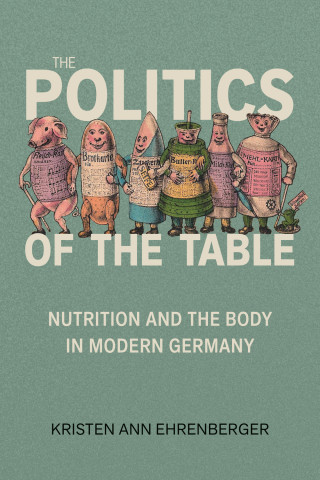
Reviews
With neonatology as a case study, they take us well beyond the confines of this new field to examine broader issues in medical innovation... Insightful and thought provoking.
An engaging history and philosophical analysis... A clearly written reflection that has broad implications and insights for all of medicine.
Recounting the concise history of modern neonatology and the evolution of its attendant ethical questions, John Lantos—a recognized ethicist and pediatrician—and William Meadow—an experienced neonatologist—give us a lens through which many in neonatology may engage in a self-examination of their own history, practice, and specialty. But more than a historical recounting, this book brings the reader to an awareness of the integral relationships between applied science and medical innovation, clinical advances in patient care, social values, public policy, economics and clinical ethics.
There are not too many bioethical books that successfully unite philosophical competence in ethical judgment with seasoned medical expertise. This... is one of them.
Recommended.
An excellent addition to the growing body of literature in health care ethics... While health care professionals within neonatal medicine will find the book most useful, it has relevance for a much wider audience, including other health care professionals, medical and nursing students and ethicists.
Book Details
Acknowledgments
1. Overview and Introduction
2. Some Facts about Infant Mortality and Neonatal Care
3. The Era of Innovation and Individualism, 1965–1982
4. The Era of Exposed Ignorance, 1982–1992
5. The
Acknowledgments
1. Overview and Introduction
2. Some Facts about Infant Mortality and Neonatal Care
3. The Era of Innovation and Individualism, 1965–1982
4. The Era of Exposed Ignorance, 1982–1992
5. The End of Medical Progress, 1992 to the Present
6. Economics of the NICU
7. Four Discarded Moral Choices
8. The Possibility of Moral Progress
Notes
Index





